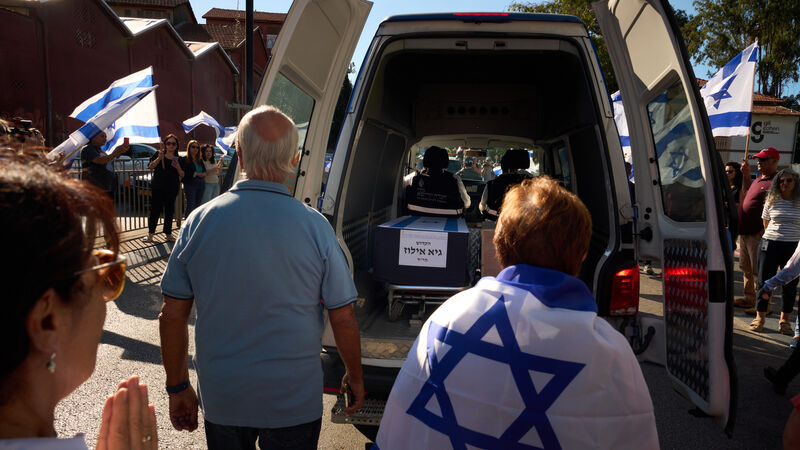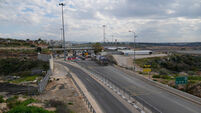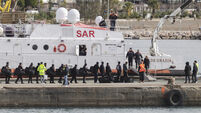Red Cross receives remains of two more Hamas hostages to be given to Israel

The Red Cross has received the remains of two more Hamas hostages, hours after the Israeli military said that one of the bodies previously turned over was not that of a hostage.
The confusion added to tensions over the fragile truce that has paused the two-year war.














